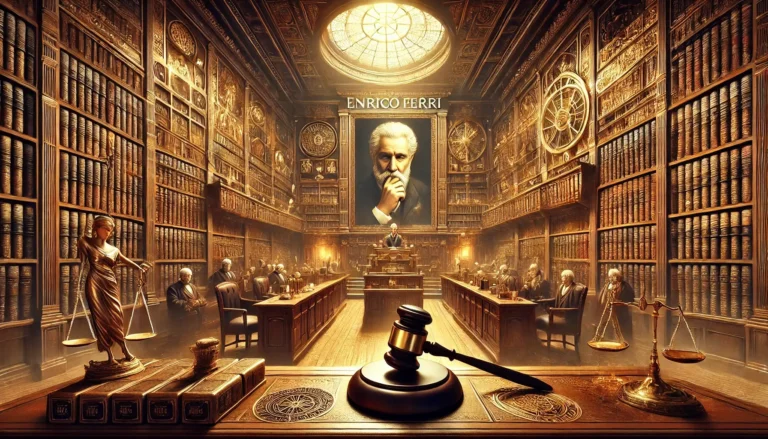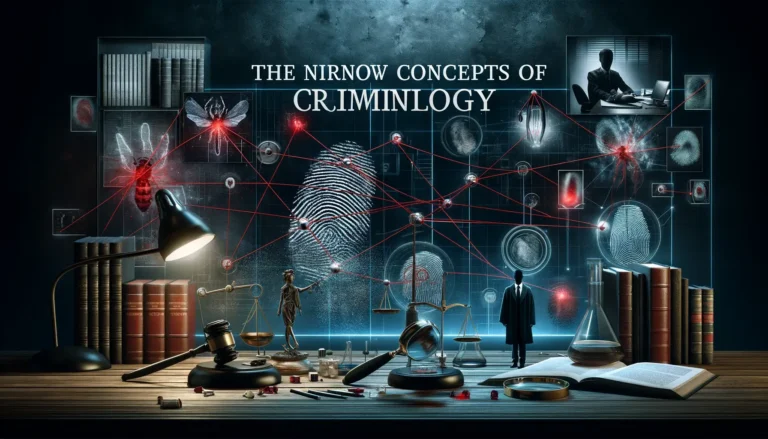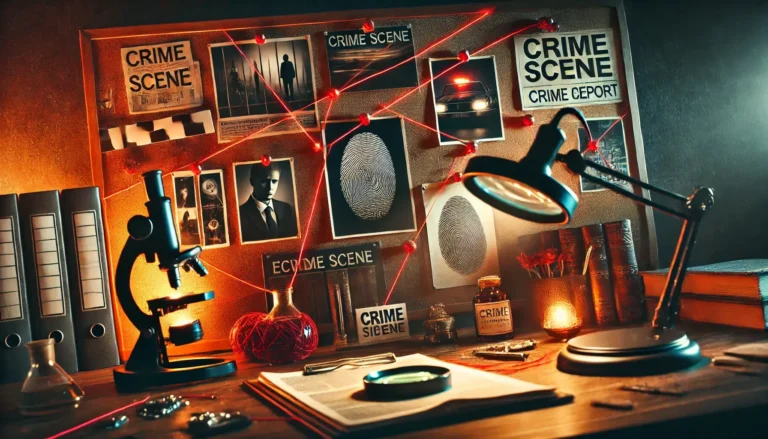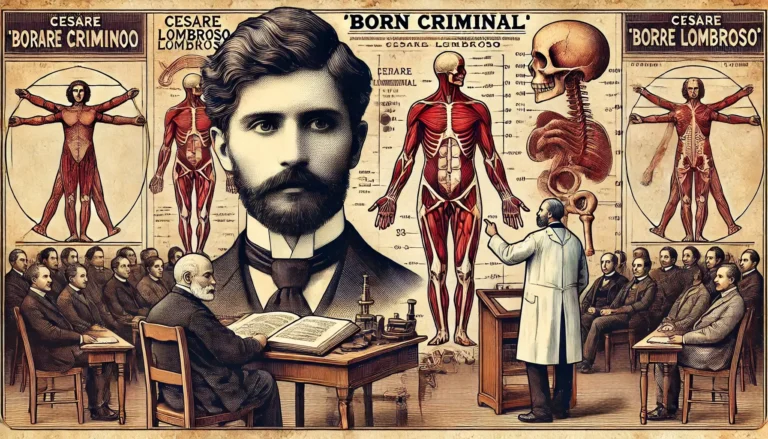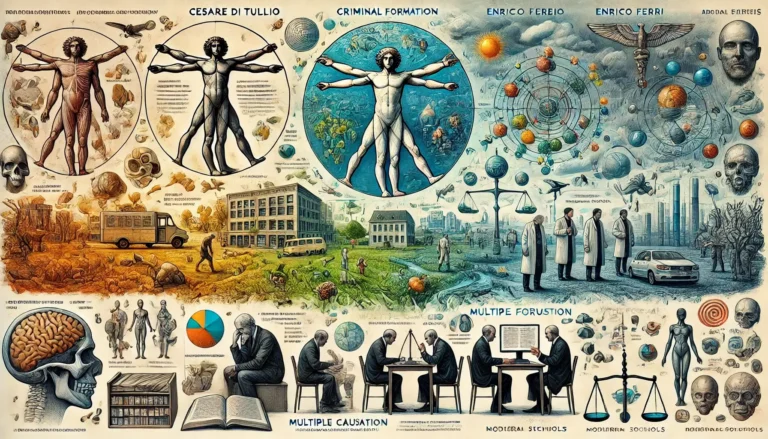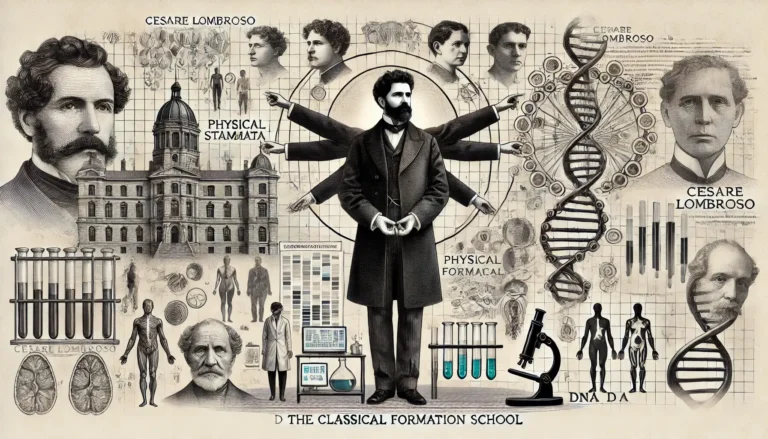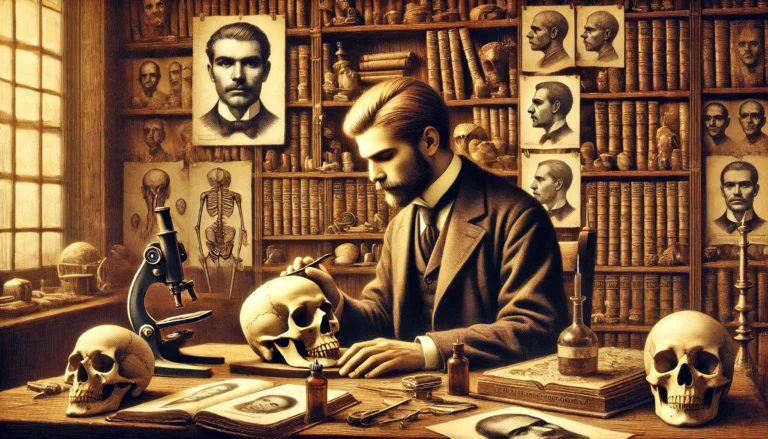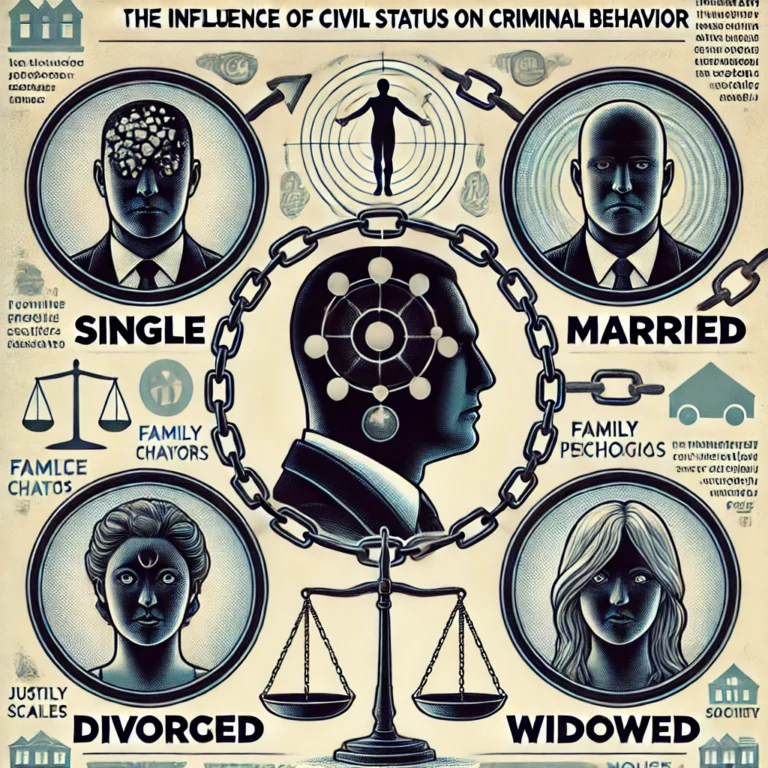Enrico Ferri’s concept of criminology
Introduction Criminology as a discipline is devoted to unraveling the mysteries of crime—its origins, its effects, and the best ways to address it. Enrico Ferri, an Italian criminologist and one of the founding figures of the positivist school of criminology, argued that criminal behavior could not be solely explained by the idea of free will….

